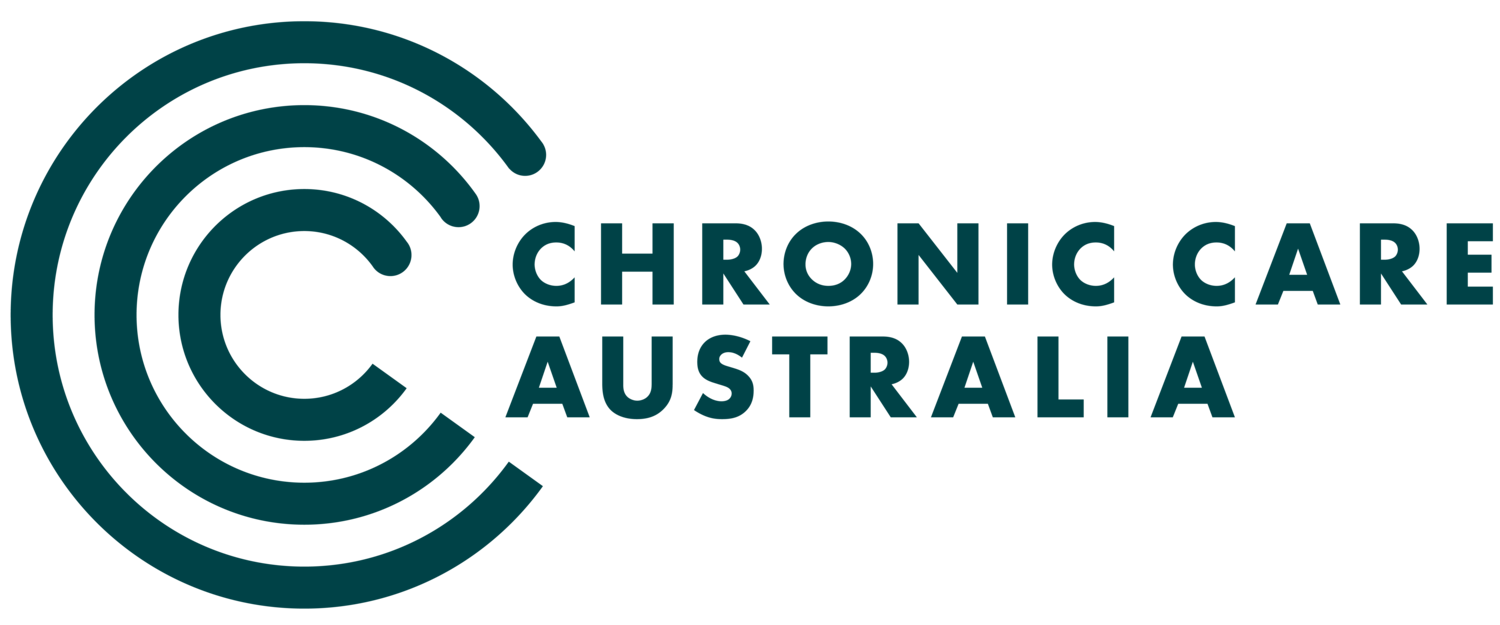Understanding the Importance of Sleep.
Sleep is a cornerstone of physical, mental, and emotional health. Poor sleep has been linked to a higher risk of chronic conditions such as hypertension, obesity, diabetes, and cardiovascular disease, as well as reduced cognitive function, mood disorders, and weakened immune response.
By understanding sleep's importance and adopting better habits, you can significantly improve your overall well-being.
Key Benefits of Quality Sleep
- Physical Health: Restorative sleep supports muscle repair, tissue growth, and hormonal balance, aiding recovery from exercise and stress.
- Mental Health: Sleep enhances memory, focus, and problem-solving abilities while reducing the risk of anxiety and depression.
- Immune System Boost: Adequate sleep strengthens your immune defenses, helping the body fight off illnesses more effectively.
- Weight Management: Poor sleep disrupts appetite-regulating hormones, which can lead to overeating and weight gain.
Practical Tips for Better Sleep
- Stick to a Schedule: Go to bed and wake up at the same time every day, even on weekends, to regulate your body's internal clock.
- Create a Relaxing Bedtime Routine: Engage in calming activities like reading, light stretching, or meditation before bed.
- Optimize Your Sleep Environment: Keep your room cool, dark, and quiet.
- Limit Screen Time: Reduce exposure to screens at least an hour before bed, as blue light can disrupt melatonin production.
- Be Mindful of Diet: Avoid large meals, caffeine, and alcohol close to bedtime. Instead, choose light snacks like a banana or chamomile tea.
- Exercise Regularly: Engage in daily physical activity, but avoid vigorous workouts right before bedtime.
Sleep Apnoea or Hypopnoea?
The AHI (Apnoea Hypopnoea Index) refers the total number of apnoea and hypopnoea events that occur each hour of sleep.
An apnoea is a complete pause (or cessation) of breathing that lasts at least 10 seconds.
A hypopnoea is a significant reduction in breathing that lasts at least 10 seconds.
Collectively, apnoea and hypopnea disrupt sleep by causing mini awakenings and drops in oxygen levels. The severity of sleep apnoea is measured by the frequency of apnoea and hypopnea each hour.
0-5 apnoea + hypopnoea events per hour = normal
6-15 apnoea + hypopnoea events per hour = mild sleep apnoea
16-29 apnoea + hypopnoea events per hour = moderate sleep apnoea
30 or greater apnoea + hypopnoea events per hour = severe sleep apnoea
Suspect you may have sleep apnoea? Did you know that your pharmacist can offer sleep apnoea screening tests done in the privacy of your home? It’s a very good place to start.

